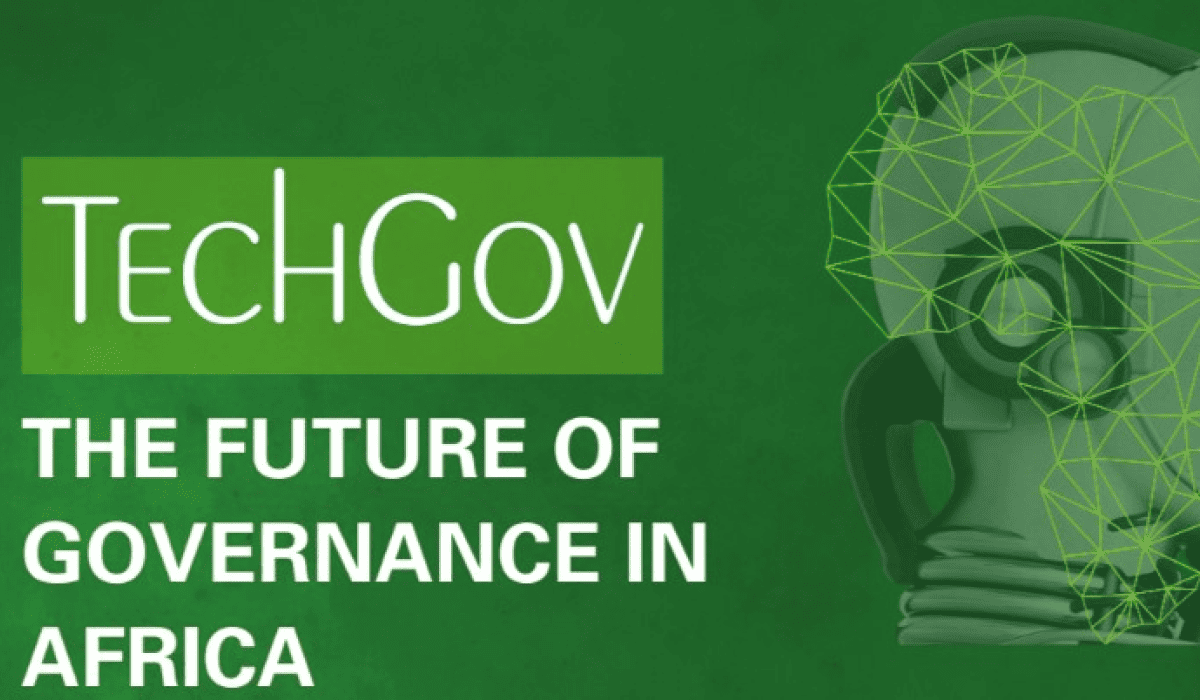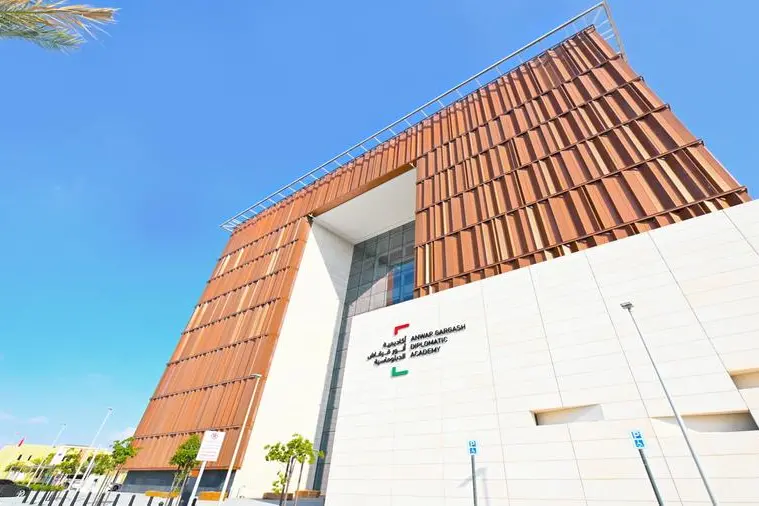Assessing the impact of rapid technological advancements on governance and forecasting the future of governance in Africa
On 18 December 2024 the Founder and Executive Director of ACCORD, Dr Vasu Gounden, was invited by the African Peer Review Mechanism (APRM) to be a resource person in an APRM workshop on “The Future of Governance in Africa – Assessing the impact of rapid technological advancements on governance and forecasting the future of governance in Africa”, which was held on the margins of the 19th Annual Meeting of the Internet Governance Forum (IGF) 2024 in Riyadh, Saudi Arabia. Dr Gounden joined the meeting virtually.
The workshop provided a timely platform for African Member States to engage in collaborative discussions about leveraging technology for collective benefits, anchored in ethical principles and a commitment to human rights. Amid the global technological shift, some African nations are strategically positioning themselves to harness the potential of AI and other emerging technologies for national development, while others risk falling behind. Given the continent’s susceptibility to data exploitation, low public awareness of digital risks, and limited capacity to influence global technological and legal frameworks, the workshop assessed the political, social, and economic implications of technological advancements in Africa. The aim was to foster a shared understanding among policymakers, civil society, academia, and other stakeholders on how to navigate the opportunities and risks posed by technological innovation, ensuring that these advancements are inclusive, sustainable, and aligned with the continent’s developmental goals.
The workshop aimed to tackle the challenges posed by frontier technologies on governance by developing strategies to leverage its benefits while mitigating associated risks. The objectives were accomplished by leveraging insights gained from various activities. The main aim of the workshop was to enable APRM to: establish a multi-stakeholder platform to explore the different dimensions of the applications of technology on governance in Africa, with a view of fostering cooperation and partnership for advocating ethical, equitable, inclusive, and transparent use of emerging technologies; enhance understanding and address the intricate complexities surrounding technology utilisation in critical sectors across Africa; strengthen the capacity of public officials, youth, women, and other marginalised groups at all levels to address the shortage of expertise in Africa; and develop and implement a cohesive approach for Africa’s policies, strategies, and capacity building initiatives.
The expected meeting outcomes, included, an established platform for networking and knowledge-sharing among policymakers, civil society, academics, and other identified key stakeholders to enable the development of a vibrant ecosystem for digital governance in Africa; increased awareness and understanding of the impacts of new and emerging digital technology on governance in Africa; the development of targeted strategies and policies that optimise technology use, improve sectoral performance and drive sustainable development; effective governance, improved regional cooperation, and enhanced capacity to address common challenges; strengthened coordination among APRM Member States in developing essential frameworks to manage the challenges and opportunities of digital technology adoption; and efficient resource allocation, strengthened institutional capabilities and accelerated progress toward regional and continental development goals.
Dr Gounden participated in Session One, of the workshop which focused on the role of digital transformation in shaping the future of democracy and political governance in Africa. Dr Gounden presented on advancing cyber diplomacy as a pathway to peace and constructive dispute resolution in Africa. The objective of the Session was to explore and analyse the future of governance in Africa by examining the impact of digital transformation on democratic engagement, political pluralism, peace and security, and financial integrity. This included assessing the challenges posed by fake news, deepfakes, propaganda dissemination, and illicit financial flows while discussing strategies to leverage digital technology for enhancing conflict prevention, response, sustainable peace, and combating illicit financial activities.








